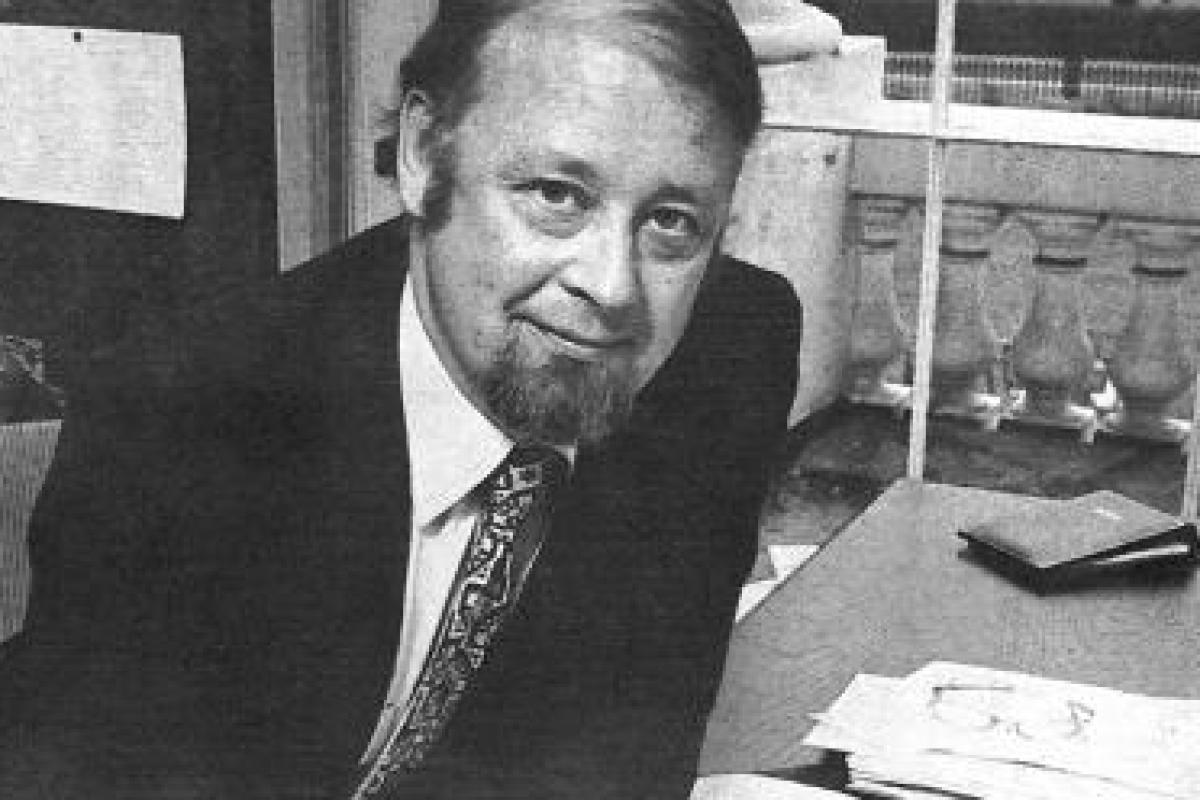I met Charles Handy the well known social observer and management guru when he came to JWT in the 1980s to help us understand how organisations are structured and how teams work most effectively. He has written many books about organisational structure and the future of work but his enduring fascination has been about how people organise their working lives.
He was the originator of the term ‘portfolio lives’ decades ago – before the technology revolution made full time careers much less likely than in the past. His basic thought was, to paraphrase the cliché, ‘If it’s not broke, fix it’.
In other words people should start thinking about – and perhaps even acting on – plans for a second career before the first one peaks. That way you still have energy, networks and enthusiasm for another endeavour before the downward pull of official retirement. And, of course, before you simply get too old and ill. This may be hard to do but as the population ages and we see fully engaged energetic people still working at something in their 80s, what to do after official retirement becomes a critical question.
In this issue of Market Leader (in which one of Handy’s other essays appear – about his concerns with the way capitalism doesn’t seem to be working very well) we have what looks, at first glance, a view that is exactly the opposite of Handy’s. Brian Fetherstonhaugh analyses stages in career development with great clarity and insight, assuming most readers will be in corporate type jobs rather than entrepreneurs, artists or other non-executive forms of work.
Examined closely though, the two views aren’t as contradictory as they may appear. Handy left a career at Shell to become a professor at the London Business School and has a mischievous and creative approach to work and instinctive personal resistance to corporate life; whereas Fetherstonhaugh has clearly enjoyed a life in various executive positions. But where they are both saying the same thing is the point of acquiring transferable skills - from data analysis to problem solving to communication to selling.
If you follow the Handy vision, you will have something on which can form the basis of a second career; but if you wish to remain in corporate lie, you have a flexible set of skills to take you from on position to another with much greater ease.
Both of these writers have wise advice for people in the chaotic world of work that the technology demographic and social change have brought.
Read more from Judie Lannon in our Clubhouse.
